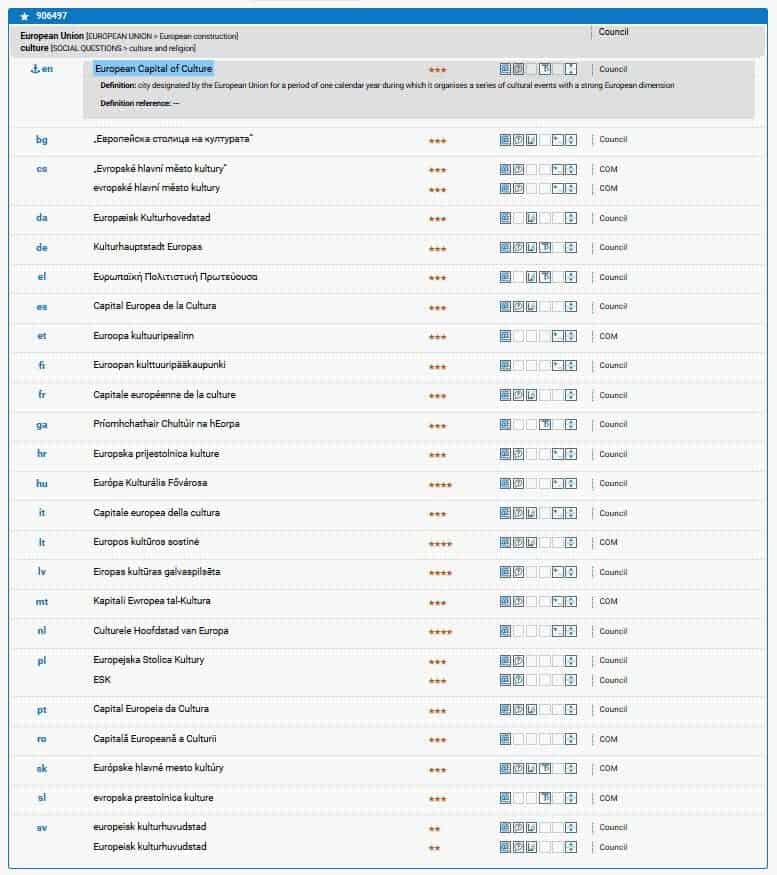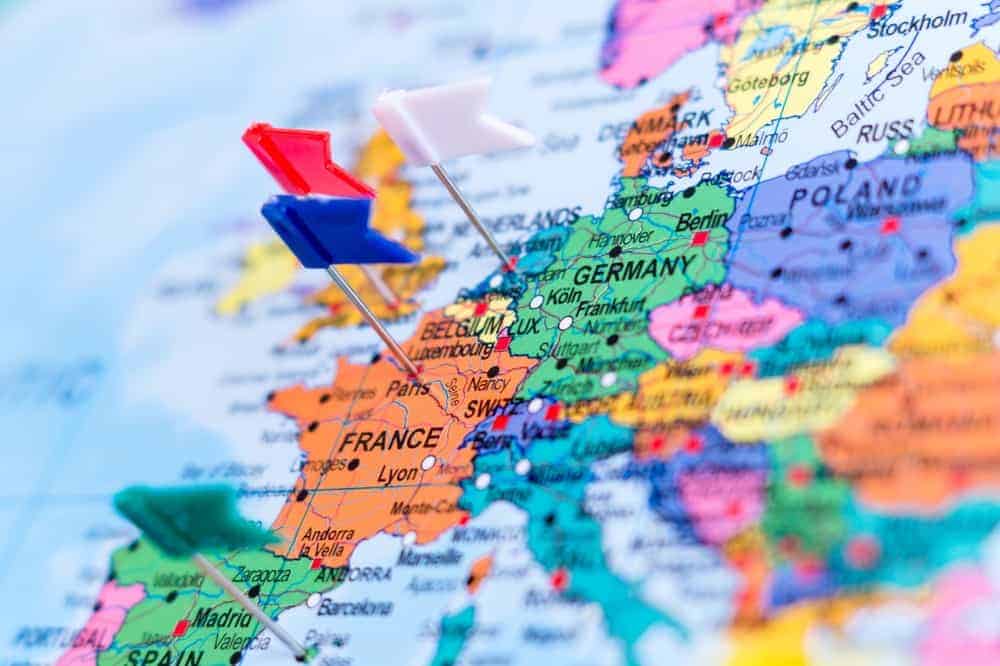
2019 has arrived, and with it two cities welcome a year full of events. These are Matera (Italy) and Plovdiv (Bulgaria), the two new European Capitals of Culture. The European Capital of Culture is a year-long event that celebrates diversity and culture in Europe and aims to help people discover the richness of the continent. They started in 1985 as a result of an initiative by the then Greek Minister of Culture Melina Mercouri.
In Matera, the opening celebrations took place across two days, with marching bands from many of the municipalities of the Basilicata region, performing on the streets of the town, reviving old musical traditions on an impressive scale, with each band representing a European Capital of Culture.
Plovdiv welcomed the “We Are All Colours” show, combining music, light and dance, recreating on the open stage a large and colorful metaphor of all the main themes of the programme “Plovdiv 2019” and their relationships under the motto “Together”.
The European Capital of Culture is an example of the EU’s commitment to cultural diversity. The Capitals have also always been an opportunity for Europeans to enjoy together their common history and values, and to cooperate in new initiatives and projects.
By 2020, 60 cities will have held the title of European Capital of Culture. Hosting a European Capital of Culture is clearly a unique opportunity for a city, which can result in positive cultural, social and economic impact.
Cities wishing to take part in the future should await the announcement of a competition in their own country, and then complete and submit a bid in response to the call for applications published by the authority in charge of the competition (usually the Ministry of Culture).
Sources:
https://ec.europa.eu/programmes/creative-europe/sites/creative-europe/files/library/capitals-culture-25-years_en.pdf
https://iate.europa.eu/search/standard/result/1548237074988/1
https://www.eturbonews.com/243325/italys-matera-inaugurated-as-european-capital-of-culture-2019
https://ec.europa.eu/programmes/creative-europe/sites/creative-europe/files/ecoc-fact-sheet_0.pdf
https://ec.europa.eu/programmes/creative-europe/sites/creative-europe/files/capitals-culture-candidates-guide_en_vdec17.pdf
https://ec.europa.eu/programmes/creative-europe/actions/capitals-culture_en
https://www.euronews.com/2019/01/19/matera-european-capital-of-culture-2019-watch-the-opening-ceremony-live
https://www.euronews.com/2019/01/12/plovdiv-bulgaria-inaugurated-as-2019-european-culture-capital
https://eur-lex.europa.eu/legal-content/EN/TXT/?uri=CELEX%3A32014D0445
Written by Marta Guillén Martínez – Communication Trainee at the Terminology Coordination Unit of the European Parliament (Luxembourg). She holds a Degree in Advertising and Public Relations from the University of Alicante, Spain and she did her European Voluntary Service on communication and european youth mobility in Milan, Italy. She speaks Spanish, Catalan, English and Italian.
January 25, 2019 10:30 am
